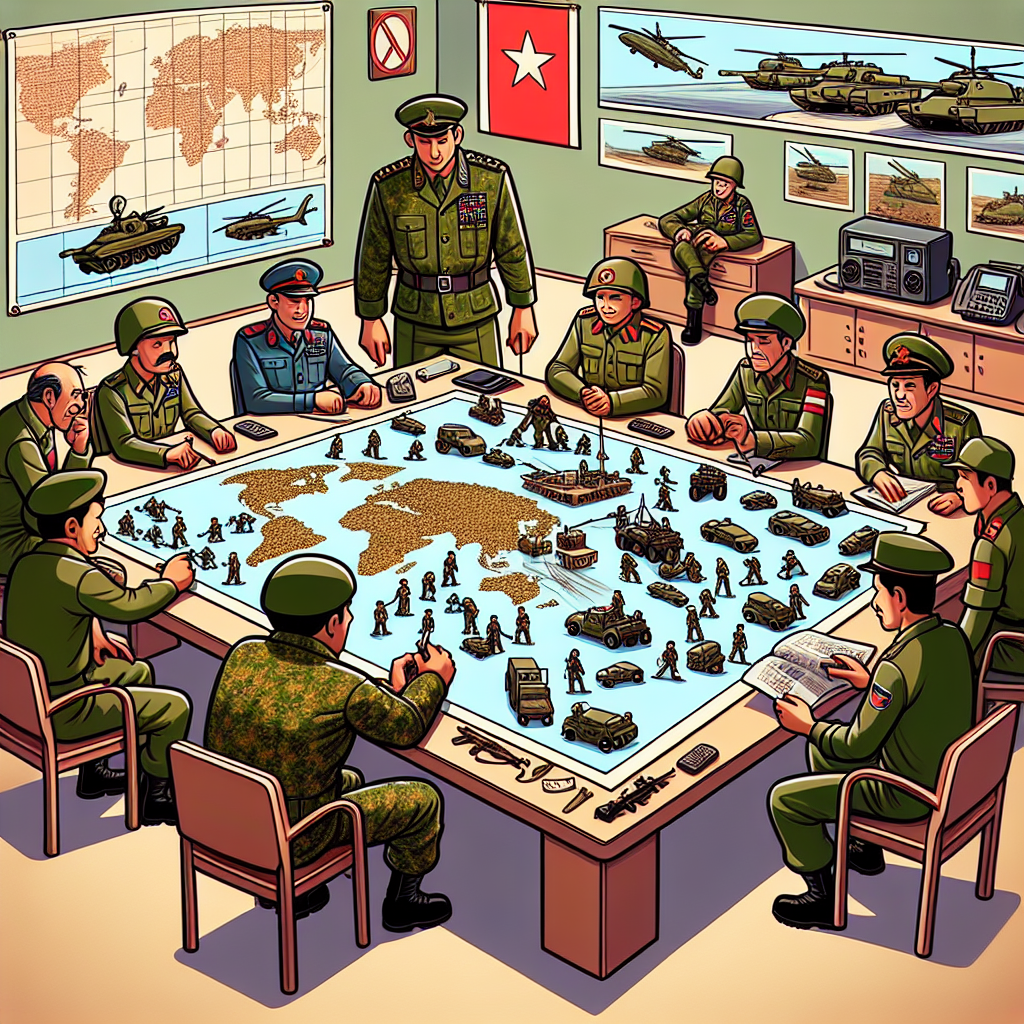UN Experts Condemn Israel's Military Escalation in Lebanon as Violations of International Law Fuel Displacement Crisis
According to the experts, Israel's intensified military campaign has led to an alarming surge in displacement.

UN experts have issued strong condemnation of Israel's military escalation in Lebanon, calling it a blatant violation of international law and accusing Israel of exacerbating the already dire humanitarian crisis in the region.
According to the experts, Israel's intensified military campaign has led to an alarming surge in displacement. "The number of internally displaced persons (IDPs) in Lebanon has more than tripled in less than a month due to Israel’s relentless attacks on populated areas," the experts said. They accused Israel of violating key principles of international law, including distinction and proportionality, by targeting civilian areas while issuing ineffective evacuation orders.
Since October of last year, more than 1,600 people have been killed in Israeli strikes in Lebanon, with at least 346,000 Lebanese citizens displaced within the country. Authorities are bracing to shelter up to one million displaced persons, while hundreds of thousands have fled across the border into Syria. The displaced population includes a significant number of refugees, many of whom have experienced xenophobic discrimination as they flee the latest conflict. Women and children make up over two-thirds of those displaced, with experts warning of the severe gender-specific impacts they face, such as increased vulnerability to violence, exploitation, and a lack of essential services like healthcare.
Israel's recent ground invasion of Lebanon, described as a breach of Lebanon’s sovereignty and a violation of UN Security Council resolution 1701, has been heavily criticized by UN experts, who say it will further escalate the death toll and displacement. The invasion comes at a time when Lebanon is already grappling with immense social and economic instability, having hosted millions of refugees for years. The experts warned that Lebanon's already fragile institutions could buckle under the strain of the current crisis, undermining the nation's ability to respond effectively.
While humanitarian agencies have been responding valiantly, UN experts raised concerns about Israel's obstruction of relief efforts. They cited numerous Israeli attacks on essential civilian infrastructure, including roads, bridges, water systems, health facilities, and even targeting humanitarian workers. “These are clear violations of the international obligation to respect and protect relief personnel,” the experts said, noting that these attacks risk collapsing Lebanon’s ability to care for displaced persons.
In addition to condemning Israel’s actions, the experts also acknowledged the displacement within Israel caused by attacks from non-State armed groups operating out of Lebanon. An estimated 63,000 people have been displaced within Israel due to these attacks. "Perpetrators should be held accountable, and those displaced must receive protection and assistance," the experts said. However, they stressed that the actions of non-State groups do not justify Israel’s violations of international law in Lebanon. They warned against the use of indiscriminate warfare and collective punishment, both of which are considered grave violations under international law.
The experts further criticized Israel's allies for their continued support, accusing them of complicity in enabling Israel's actions. “The Universal Declaration of Human Rights and the Geneva Conventions were created to protect civilians after the atrocities of World War II. It is a tragic irony that Israel is now acting as though these fundamental protections no longer apply,” they stated.
The experts called for immediate international intervention, including the imposition of an unconditional ceasefire and accountability for those responsible for violations of international law. They urged the global community, especially Israel’s allies, to act decisively to halt further military incursions, protect civilians, and restore peace and security in Lebanon and the broader region.










